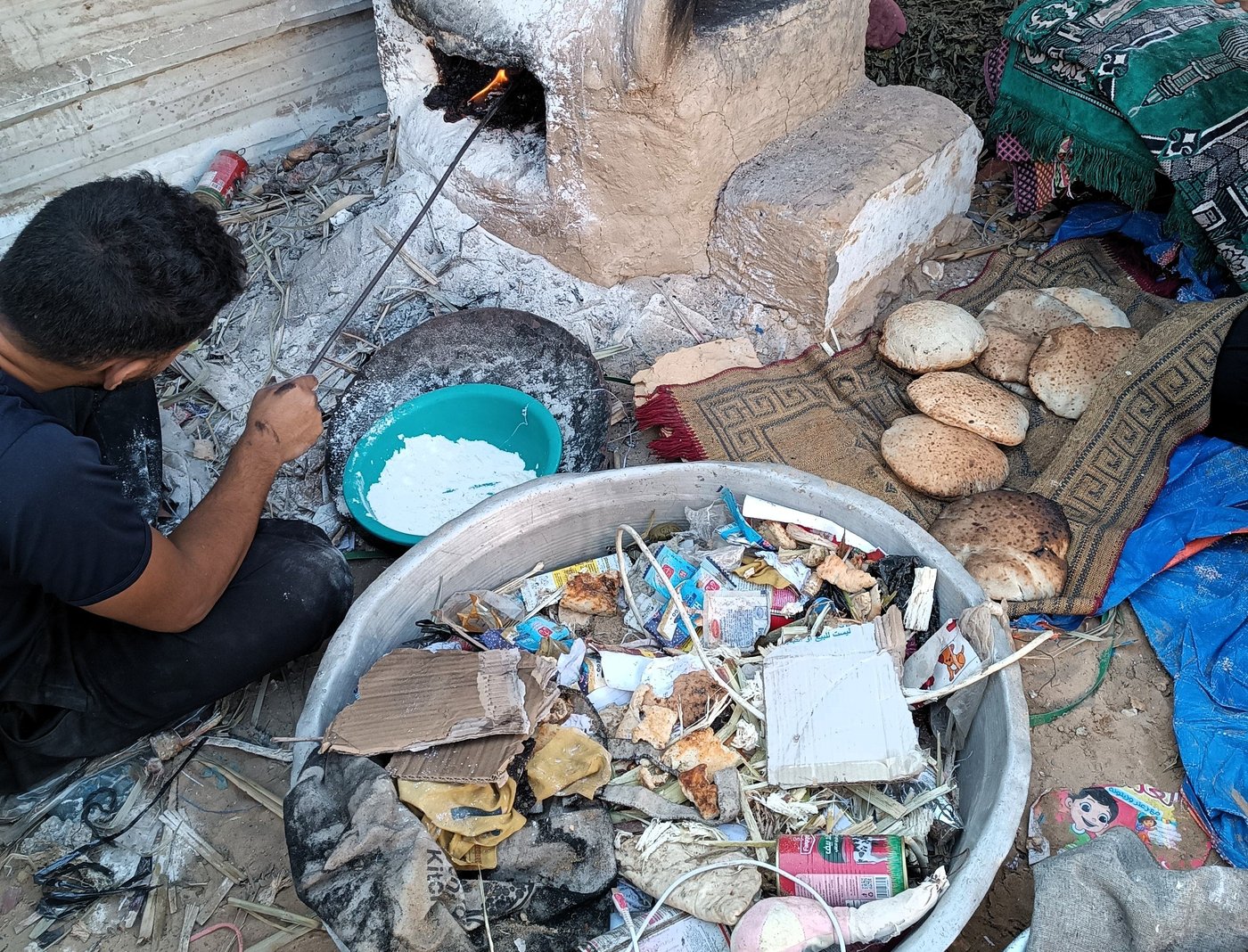The report, Restoring Dignity: The Urgent Need for Energy Access in Gaza, based on an assessment by the Palestine Shelter Cluster and NORCAP shows how energy is one of the invisible threads that hold together family life and essential services—powering kitchens, hospitals, water pumps, food preparation, and humanitarian logistics. Without it, even the most basic forms of assistance become impossible.
“In Gaza, energy is not about convenience—it’s about survival,” says Benedicte Giæver, Executive Director of NORCAP.
“When families can’t cook, when hospitals go dark and when water pumps stop running, the consequences are immediate and devastating. The international community must prioritise energy in all humanitarian efforts.”
The assessment draws on data gathered by Shelter Cluster members through field surveys across Gaza, conducted under extremely challenging conditions. It highlights how energy access underpins key aspects of humanitarian response and daily life:
- Healthcare: Without power, ventilators, incubators, and dialysis machines cannot function. Cold chains for vaccines break down, and emergency surgeries are delayed or cancelled.
- Water and sanitation: 70 per cent of households lack reliable access to clean water. Desalination and sewage treatment plants depend on electricity to operate.
- Food security: Families are forced to burn plastic and debris to cook, exposing themselves to toxic fumes. Food aid is limited to canned goods due to lack of cooking fuel.
- Shelter and protection: In overcrowded shelters, the absence of lighting increases risks of gender-based violence and limits mobility after dark.
- Humanitarian operations: Fuel shortages and power outages disrupt aid delivery, communications, and coordination across all sectors.
“We cannot talk about restoring dignity or rebuilding lives without addressing energy,” says Benedicte Giæver.
“Families are living in makeshift shelters without light, warmth, or the ability to cook. Energy is what allows people to live with safety and dignity—it’s not optional, it’s essential.”
Notes to Editors:
- The full report is available here.
- According to OCHA, 2.1 million people in Gaza currently have no access to electricity.
- The report states that over 90 per cent of households fall into the lowest tiers of energy access, with minimal or no electricity. This is hardly enough to charge a mobile phone, which are also the most common source of lighting.
- According to WHO, 94 per cent of health facilities are damaged or destroyed; many operate without power for critical equipment.
- OCHA reports that 89 per cent of WASH infrastructure is damaged, with no functional wastewater treatment plants.
- Liquefied Petroleum Gas (LPG) prices have surged, forcing families to burn plastic and debris for cooking. LPG was the main source of cooking energy before the current conflict.
About NORCAP
NORCAP works to improve aid to better protect and empower people affected by crisis and climate change. We do this by providing expertise and solutions to humanitarian, development and peacebuilding partners.
NORCAP is a part of the Norwegian Refugee Council.
About the Shelter Cluster
The Shelter Cluster coordinates the humanitarian shelter response during crises to ensure that displaced and conflict-affected people have access to safe, dignified, and appropriate shelter. In Palestine, the Cluster is coordinated by the Norwegian Refugee Council (NRC) and brings together UN agencies, NGOs, and local partners to monitor and respond to shelter needs.
The Shelter Cluster is part of the Inter-Agency Standing Committee (IASC) coordination system.
For information or to arrange an interview, please contact:
Ida Fossvik Lomholt, Senior Adviser Communication NORCAP
ida.lomholt@nrc.no, +47 93 63 09 82.


